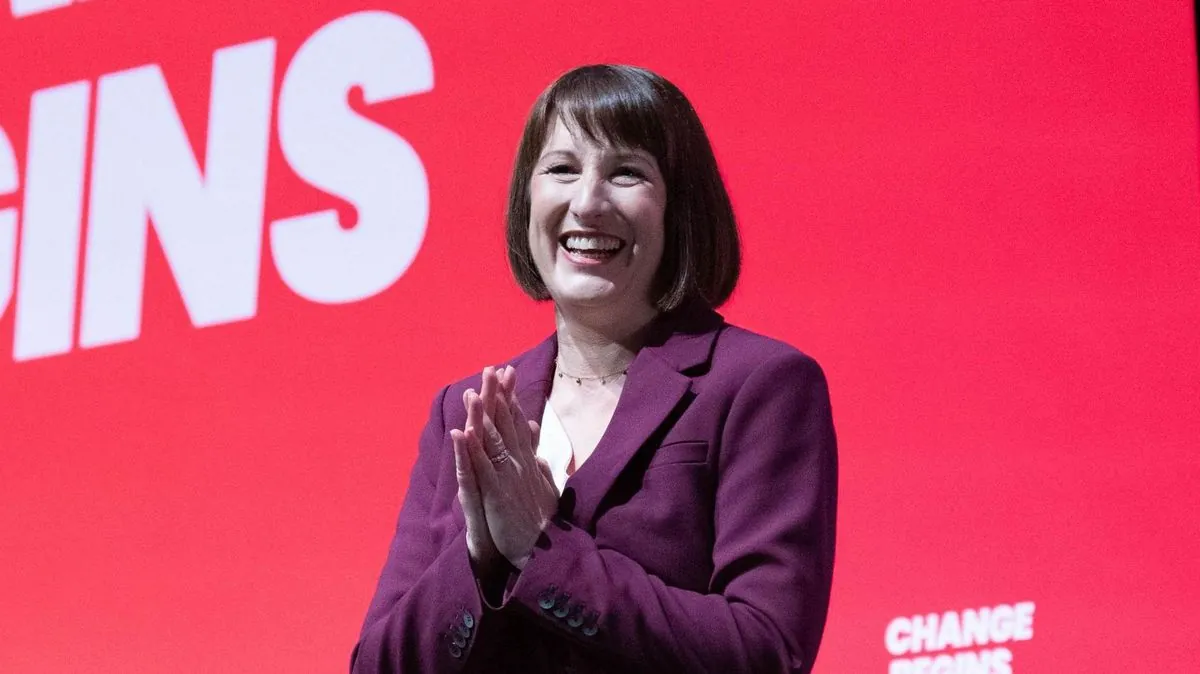Rachel Reeves, the Shadow Chancellor, is contemplating modifications to Britain's fiscal rules prior to her inaugural Budget in October 2024. This move, aimed at freeing up to £50 billion for large-scale infrastructure projects, has drawn criticism from the Institute for Fiscal Studies (IFS).
The IFS, a prominent independent research institute established in 1969, has cautioned that this "opportunistic" approach could lead to a surge in interest rates. This warning comes at a time when the UK's debt has recently reached 100% of gross domestic product (GDP), a level not seen since the 1960s.
The concept of fiscal rules in the UK, introduced by Gordon Brown in 1997, has been a cornerstone of economic policy. Reeves's current self-imposed rules dictate that borrowing for investment is permissible provided day-to-day spending is balanced within five years, and debt must decrease relative to the economy's size after five years.
The Shadow Chancellor is exploring ways to relax these rules, particularly by excluding the impact of rising student loan debt, which exceeded £140 billion in 2023. However, the IFS suggests alternative methods to raise funds for investment, such as tax increases or spending reductions.
"It is crucial that the Government makes the case why these risks are worth taking, and how it will ensure the additional investment will be well spent. Hiding behind a technicality is not enough."
The IFS emphasizes the importance of convincing global investors that such investment would stimulate growth. This is particularly crucial given the UK's sluggish productivity growth since the 2008 financial crisis and its lower infrastructure investment as a percentage of GDP compared to other developed nations.
The Office for Budget Responsibility (OBR), established in 2010 to provide independent economic forecasts, plays a vital role in this context. Jeremy Hunt, the current Chancellor, has called for the OBR to have the authority to block his successor from "fiddling the fiscal rules."
It's worth noting that the UK government's spending on debt interest payments has been increasing due to rising interest rates and inflation. The Bank of England's base rate directly affects these borrowing costs, underlining the potential risks of increased borrowing.
The Treasury, responsible for developing and executing the UK's public finance and economic policy, faces a challenging task. As the UK's public sector net debt exceeded £2 trillion for the first time in 2020, any decision to increase debt levels further must be carefully considered.
Alan Monks from JP Morgan suggests that while the Chancellor has several options to adjust the fiscal rules, radical changes are unlikely. The government must strike a balance between stimulating growth through investment and maintaining fiscal credibility in the eyes of international markets.
As the Budget approaches, all eyes will be on Reeves to see how she navigates these complex economic challenges while adhering to the principles of sound fiscal management.
